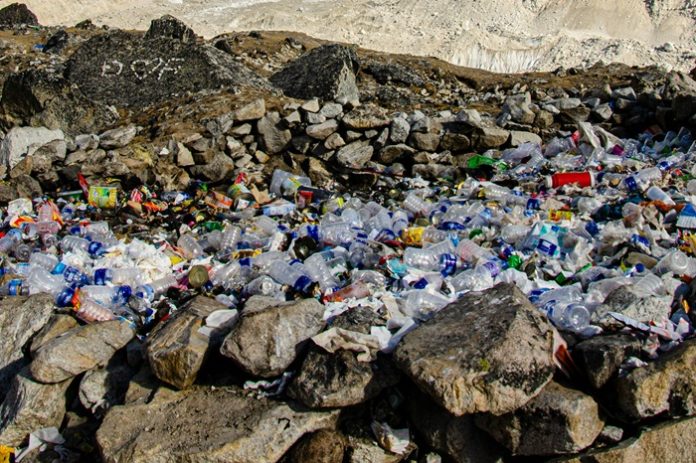
Plastic pollution is a pressing issue in India, along with the challenge of effectively managing plastic waste, which remains an important environmental concern. Currently, India generates around 9.3 million metric tons of plastic waste annually, which constitutes one-fifth of the world’s total plastic waste. There comes a thought that if plastic is not properly managed then how much more environmental damage can we sustain? In my view, the answer is moving towards increased adoption and use of advanced recyclable plastic solutions.
Waste management poses significant challenges across various industries, with the packaging sector facing its own unique set of issues. Littering, inadequate source segregation, and insufficient disposal infrastructure remain critical barriers. The country’s vast geographic diversity, along with its cultural and socio-economic dynamics, present both opportunities and challenges in addressing plastic waste management. Notably, over 70% of plastic packaging is flexible, with a substantial portion being multi-layered—a characteristic that complicates recycling and waste collection processes.
Government efforts towards packaging industry
The journey towards adopting sustainable flexible packaging methods has been progressive so far, especially, with the government’s constant support and strong guidelines. For instance, the ban on single-use plastic items in 2022, was a moment of shift for the consumers and manufacturers. Further, initiatives such as the Swachh Bharat Abhiyaan (Clean India Mission) and the imposition of Extended Producer Responsibility (EPR) on various materials and plastic packaging have been essential in promoting a cleaner and more sustainable environment.
The India Plastics Pact (IPP) along with the Confederation of Indian Industry (CII) represents a big step towards transforming plastic packaging. It aims to ensure that all such materials are reusable, recyclable, or compostable by 2030. Globally, similar initiatives are underway, such as the US Plastics Pact’s Roadmap 2.0, which emphasizes measures to support a circular economy. With continuous innovation, India is emerging as a leader in practices associated with a circular economy. Although challenges exist, the government has set ambitious recycling targets to strengthen these initiatives further.
Consumer demand for flexible packaging in India
Consumers play a significant role in driving change. Recently, a survey conducted by McKinsey reveals that while 75% of Indian consumers understand the importance of recyclable packaging, but only a small percentage of them choose to use these products. While consumers are expressing their concern for the environment, their actions often do not align with their beliefs. This disconnects points to the need for greater education, stronger incentives, and more accessible recycling infrastructure. The survey further emphasizes that Indian consumers are willing to pay a premium for sustainable packaging solutions, thus creating demand for businesses to innovate, rethink traditional packaging, focusing on promoting recyclable solutions tailored to the market, and deliver impactful solutions.
Innovation in India’s packaging industry – the future
The road ahead to adopt recyclable packaging is challenging, but it will also be an incredible one. India’s packaging industry is undergoing a significant transformation, driven by innovations in sustainable and advanced packaging, digitalization, and the rise of mono-layered packaging solutions. Moreover, the growing eCommerce landscape and end-user categories like food, FMCG, and pharmaceuticals will drive demand for these advanced solutions. With these efforts, I am confident that the Indian packaging industry is on the brink of significant change.
Adopting sustainable design principles and using recyclable materials in flexible packaging will play a crucial role in this transformation. The challenge lies in developing recyclable structures while ensuring essential functionality, such as protection against oxygen and moisture. Addressing this will be key to shaping a more sustainable future for packaging.

Dhananjay Salunke is the managing director of Huhtamaki India










